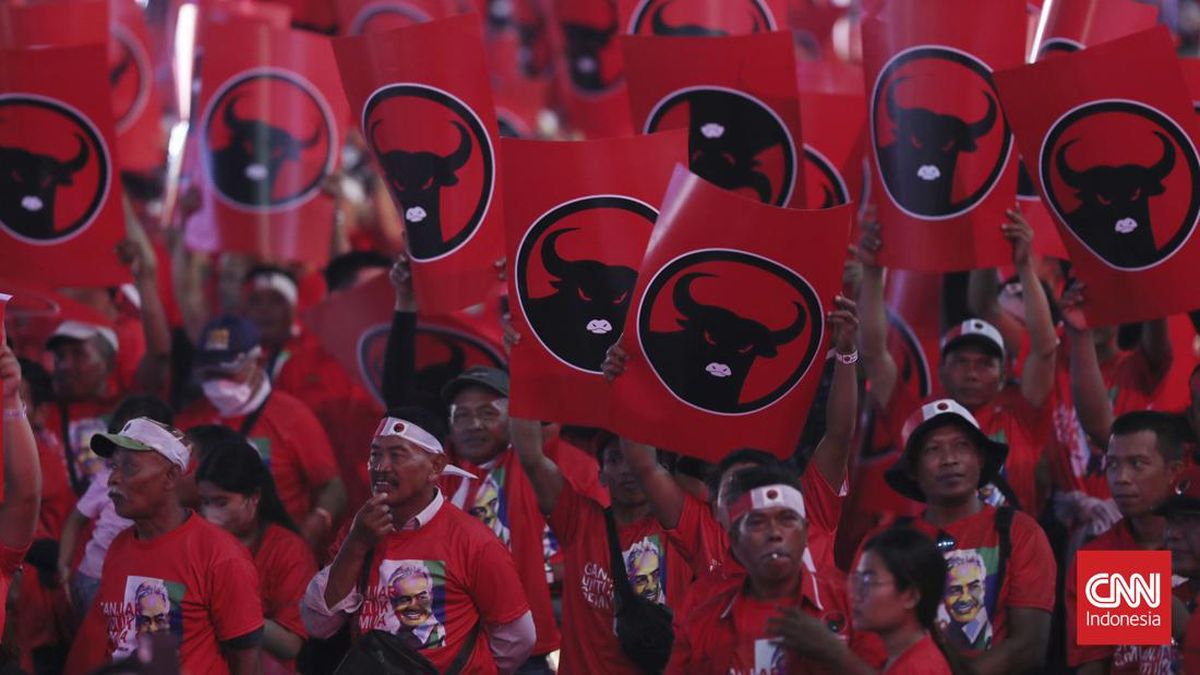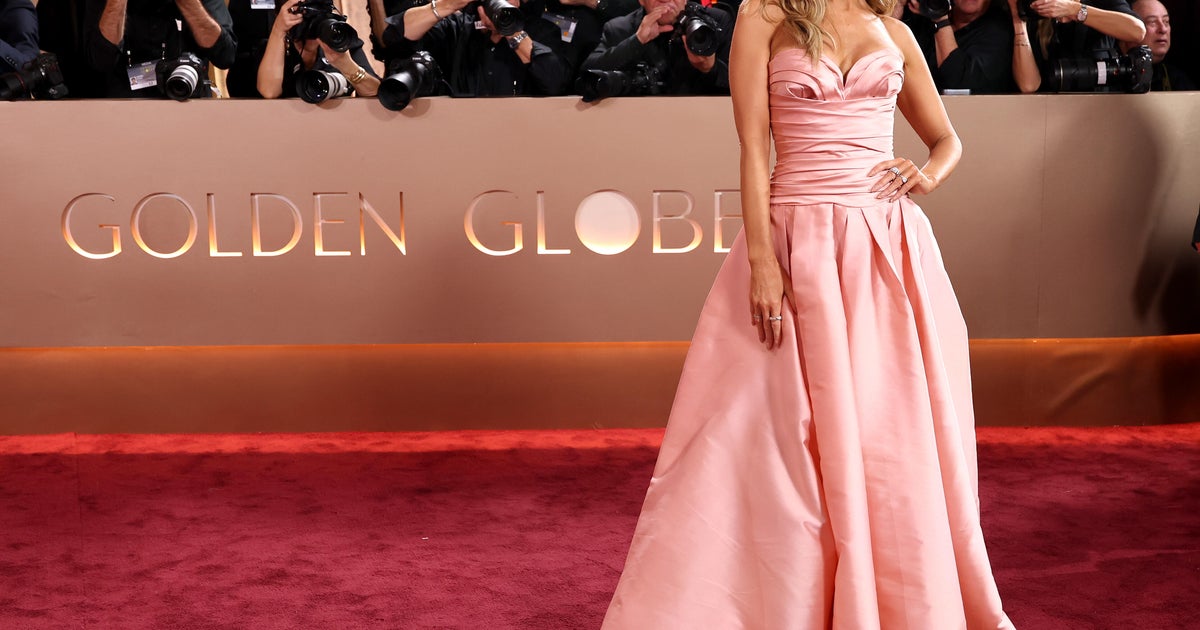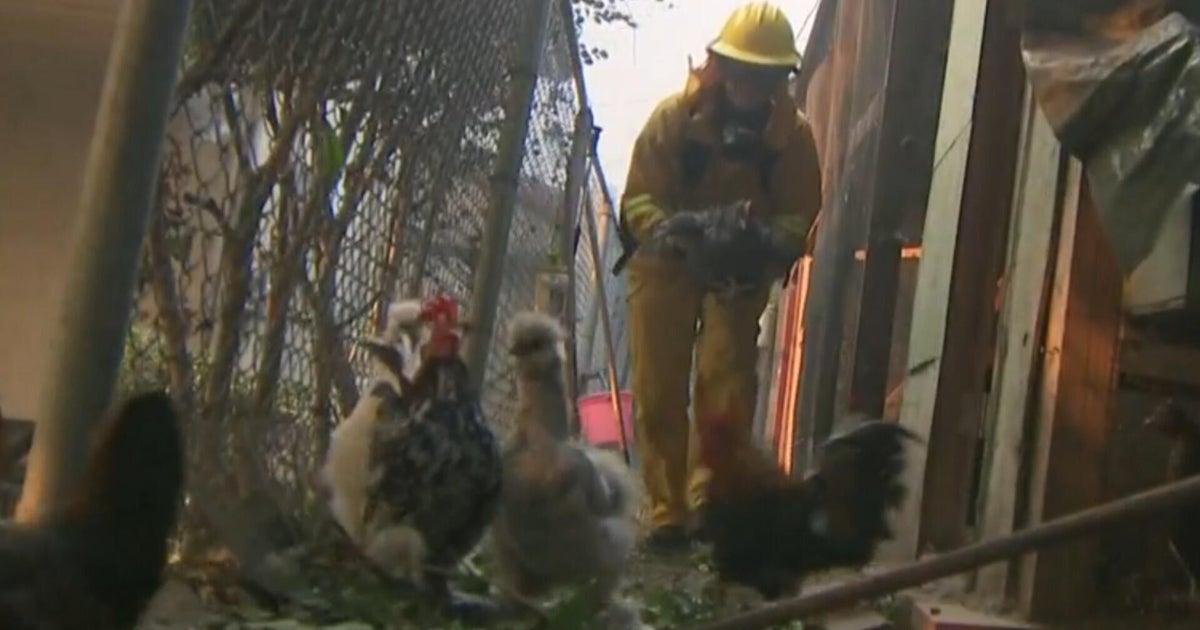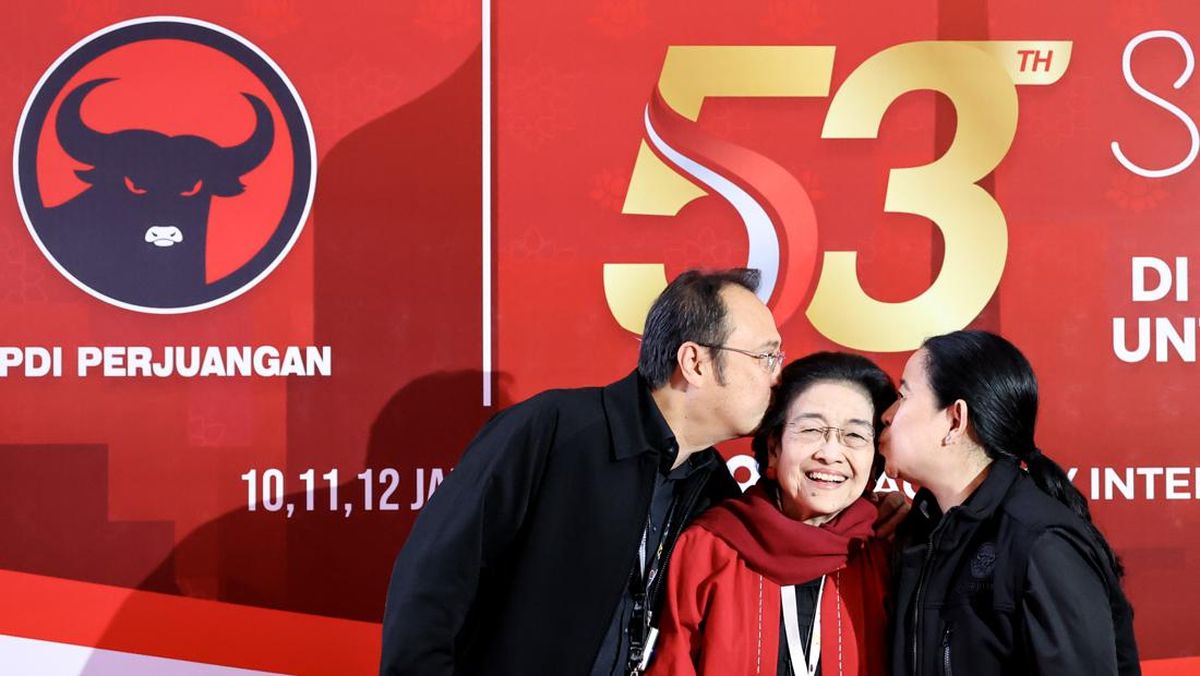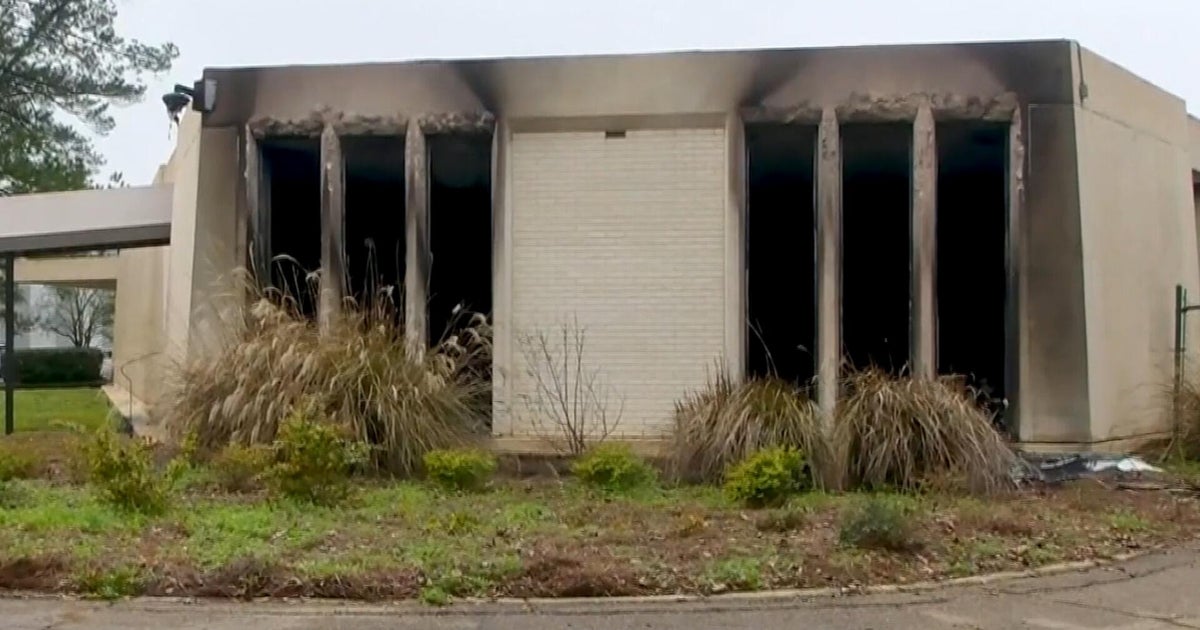For anyone who has read her acclaimed memoir, it’s mind-boggling that Neko Case didn’t always consider her story book-worthy.
“Not really, you know? Kids think what they’re going through is what everyone goes through. I didn’t think my story was weird until I was in my early 20s and I told somebody what happened with my mum and they were like, ‘That is the most bizarre thing I’ve ever heard.’ Then I was like, hmm, it is pretty weird, isn’t it? Most people’s mums don’t really fake their deaths very much.”
In The Harder I Fight The More I Love You, published this year, Case – the Grammy-nominated singer best known for her soul-baring voice and imagistic-bordering-on-mystical lyricism on albums such as Fox Confessor Brings the Flood (2006) and Middle Cyclone (2009), as well as her role in the power-pop supergroup The New Pornographers – outlines her formative years growing up an only child amid parental neglect in the US’s Pacific Northwest, in the era where the Green River Killer cast an ominous shadow.

The Harder I Fight The More I Love You: A Memoir by Neko Case.
Her story plays out like a movie, charting the path that led her to a creative life. Within the opening 30 pages, we find out that her mother – who Case’s father, when she was in second grade, had told her had fallen ill and suddenly died of cancer – had faked her death and fled to Hawaii, only to return into Case’s life two years later with a new boyfriend.
Bestselling memoirs have been built on far less drama, but Case never felt an inclination to write her story. When she was approached by Grand Central Publishing of Hachette to write a book, she’d initially planned on writing a fiction novel.
“I grew up in a family where you don’t really talk about yourself that much, so the idea of writing a book about myself was the last thing I thought I would do,” Case says. “But they were like, no, we’re gonna pay you to write a memoir. And I was like, okay then!”
Case has said she took on the memoir as another revenue stream after touring was interrupted during COVID. Since its release in January, the book has been quite successful, earning acclaim and reaching the New York Times’ bestseller list. Has it worked financially?
“Not really,” she says wryly. “Because the publishing industry, you get promised a good amount of money, but they give it to you in such chunks, so far apart, that I’m already in debt. It doesn’t help. It’s really difficult.”
Touring remains the most immediate way to make money as a musician and Case is preparing to return to the road with Neon Grey Midnight Green, her first album since 2018’s Hell-On. She’s called the album, purposely grand and orchestral, a love letter to musicians in an era that increasingly favours digital replication.
“The culture we’re in right now is very much about immediacy, and musicians are being treated very badly. They’re trying to replace us, which is stupid,” she says. “But machines can’t make music the way we do. AI is not gonna make a song that makes you pull your car over and cry. It’s just not gonna happen.”
Weirdly enough, that’s exactly how people have been reacting to viral AI bands such as Velvet Sundown and Let Babylon Burn. “I’m not interested,” says Case of AI’s inroads into music. “It’s all just another sad footnote. Another sad joke in what is our culture at the moment.”
In press notes, Neon Grey Midnight Green is described as Case’s first album that’s been entirely self-produced. It’s a bristly distinction. “Well, I’ve actually produced most of my records,” says Case. “There’s no such thing – unless you make a record from start to finish by yourself – where making an album isn’t collaborative, and I don’t have any problem giving credit where credit is due. But the bulk of the work is always mine. For this record, I just decided I was going to start crediting myself like a white man.”
At 55, Case’s take-no-shit defiance is inviting, not combative. When we speak over Zoom, she’s in her studio in Vermont where she’s lived for almost 20 years, seated under a large painting of wild horses at play.
In her memoir, she describes how nature and animals were a constant companion amid parental neglect, recalling days spent chasing “grasshoppers the size of staplers with underwings like striped blushing flamenco skirts”. Her Substack, titled Entering the Lung, is filled with nature writings. On Neon Grey Midnight Green, a song titled Tiny Gears spends its four-minute runtime enviously marvelling at a spider weaving its web.
“I write a lot in the morning, and I love watching the passing of time through little changes,” says Case. “Right now, for example, the milkweed is up, the flowers are done but you’re starting to see little holes in the leaves because the monarch butterflies, the caterpillars, are starting to eat. This is right when they get going, and their cocoons will be up by the end of September. Pretty soon, there’s going to be big spiders everywhere in the fall. I love seeing little things like that and watching them repeat themselves. I think all those little moments are worth amplifying because they’re so beautiful. There’s just so much more to the world that’s interesting to me to write about than heterosexual love.”
‘I’m a gender-fluid person and I’ve never felt like just a woman or just a man.’
Case touches on that topic specifically on album standout, Rusty Mountain. Over majestic strings, she craves a better sort of love song, something that speaks more openly to our time. “It’s not about he and she, or heteronormative love; it’s a call for love songs that anybody can put themselves in,” says Case.
On the opening two-part coda Destination and Tomboy Gold, she sings to and for “the gay women and the gender-expansive people” she admired most coming up in music. “They just cut a different swath than other people did. They had more confidence. They were doing their thing whether people were looking at them or not, and I just took so much inspiration from watching the way they carried themselves, especially because I’m a gender-fluid person and I’ve never felt like just a woman or just a man or any of that, I just feel like a person,” says Case.
“I always resented being cast as a ‘woman in music’,” she adds. “Especially when I was younger, it would break my heart when men wouldn’t want to be friends with me. I just wanted to talk about music, but everybody thought I wanted to be their girlfriend or something. I just was like, this isn’t my place, I’m in the wrong era, I don’t know where I belong.”
For the past decade, Case has been writing the words and music for a Broadway adaptation of Thelma & Louise, expected to open on London’s West End late in 2026. “It’s as close to done as it can be,” she says. “I’ve never been interested in musicals, but I’ve always been interested in Thelma & Louise. I was the target audience for that movie when it came out. I stood up, like, yes, yes, yes!”
Loading
She was handpicked for the gig by the film’s writer Callie Khouri, and spent last Christmas living in Times Square while the show went through rehearsals. “I’m so happy for her that she gets to expand on her story because there’s a whole backstory between these women that you can’t fit into a two-hour movie,” Case says.
The campy glitz of Broadway musicals isn’t a natural setting when considering Case’s work. Did she deep-dive into the world of “I want” songs and such? “I still know nothing about musicals but I’ve been working on this one for almost 10 years, so it’s been a quick lesson but a very long lesson. I know I love Sweeney Todd,” she says.
Oh, so it’s the subversive kind of Broadway musical? Case grimaces. “It’s not so much subverting it, as it is refusing to dumb it down. It’s too important for that.”
Neko Case’s Neon Grey Midnight Green is out on September 26.


